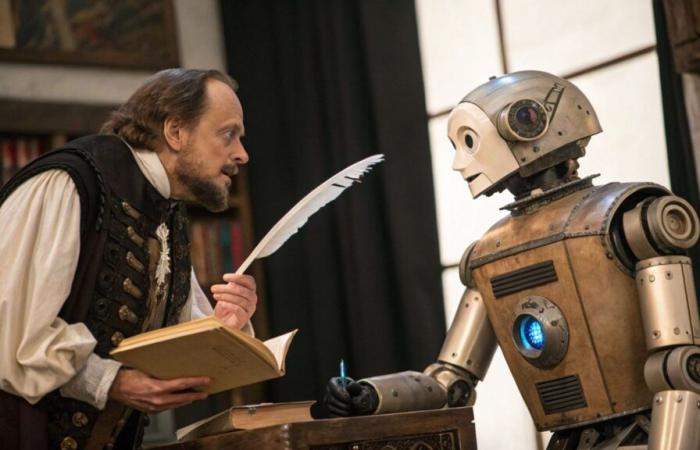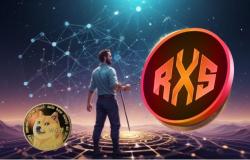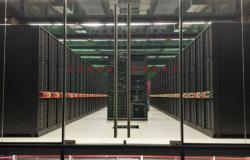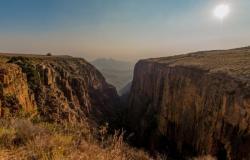The lines between humans and artificial intelligence (AI) are blurring even further. A recent study reveals that readers struggle to distinguish AI-generated poetry from that written by famous authors. A trend that intrigues as much as it questions artistic perception.
Led by Brian Porter and Edouard Machery, from the University of Pittsburgh, this study involved 1,634 participants. These were to differentiate between poems written by literary giants, such as William Shakespeare or Emily Dickinson, and others produced by ChatGPT 3.5, a now obsolete version of OpenAI's generative artificial intelligence.
The results were surprising: participants more often attributed the AI's poems to humans. And among the texts least recognized as “human”, all of them came from very real poets.
A second experiment, involving 696 participants, aimed to evaluate 14 characteristics of poems such as their quality, beauty or originality. The objective: to understand how the original context of the texts influenced these judgments. Some participants previously thought that the poems were written by humans, others by an AI, while the last group received no indication.
The results show a clear influence of expectations. Those who believed that the texts were generated by an AI rated the poems more harshly, whether they were actually produced by a machine or not. Conversely, participants without any particular indication tended to appreciate the AI texts more.
Why such confusion? Researchers put forward several hypotheses. Human poetry, often dense and complex, can seem incoherent, a trait usually attributed to AI. In contrast, AI-generated poems are generally more clear and accessible. This simplicity could appeal to readers, who perceive it as proof of human skill.
Prejudice also plays a key role. We instinctively expect humans to surpass machines in such artistic fields. So when an easy-to-understand poem is discovered, one naturally assumes that it is a human work.
This study raises questions about aesthetic criteria and the limits of human creativity in the face of algorithms. By pushing the boundaries of art, AI is also redefining the way we appreciate it.






